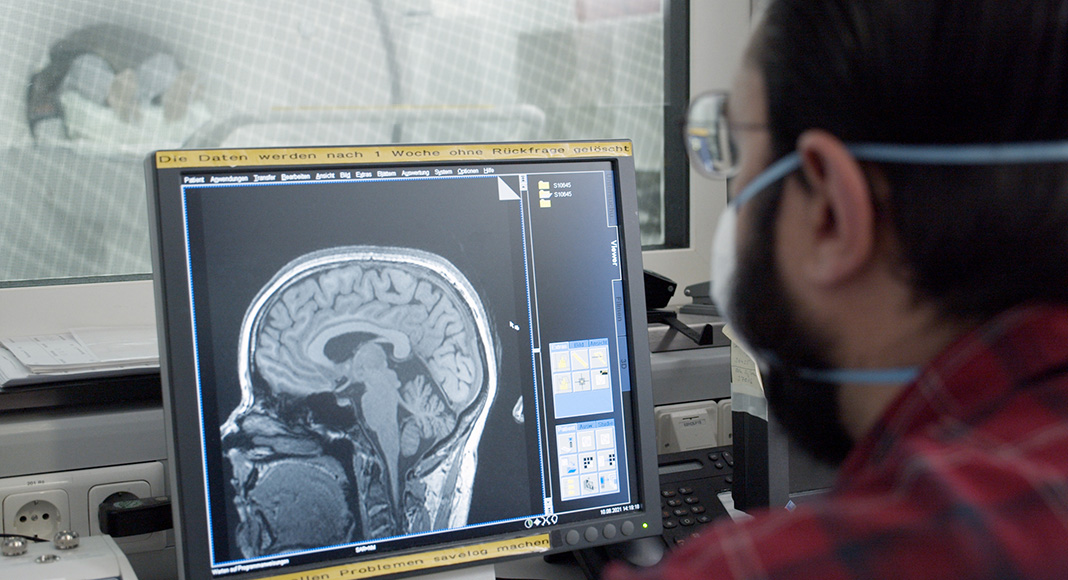Ford is working with neuroscientists to try and develop a faster and more effective way to detect when drivers are tired, distracted or not concentrating.
According to the Royal Society for the Prevention of Accidents (RoSPA), driver fatigue may be a contributory factor in up to 20 percent of road crashes, and up to one quarter of fatal and serious accidents.
Ford is hoping that by identifying the brain responses that reveal lapses in concentration, it may be possible to match the scans to their physical manifestations â such as changes in heart rate or breathing. Should a loss in concentration become apparent, for example if a change in heartbeat variability was detected via wearable technology, the vehicle could then alert the driver.
âThe brain processes huge amounts of information when we are driving, but that may change as driver assistance technologies do some of the driving for us,â said Stefan Wolter, research engineer, Research and Advanced Engineering, Ford of Europe.
âDrivers also get tired and their minds can wander. Identifying more quickly when this happens could be of critical importance.â



















